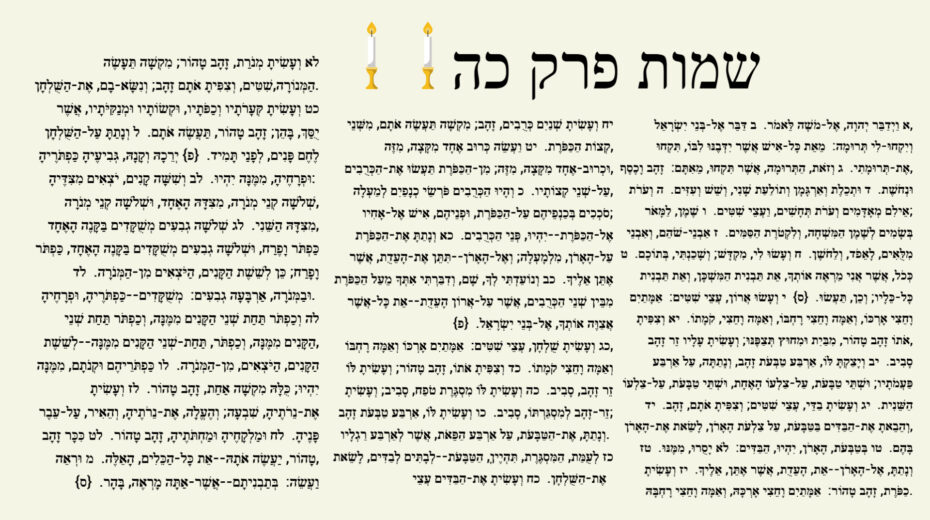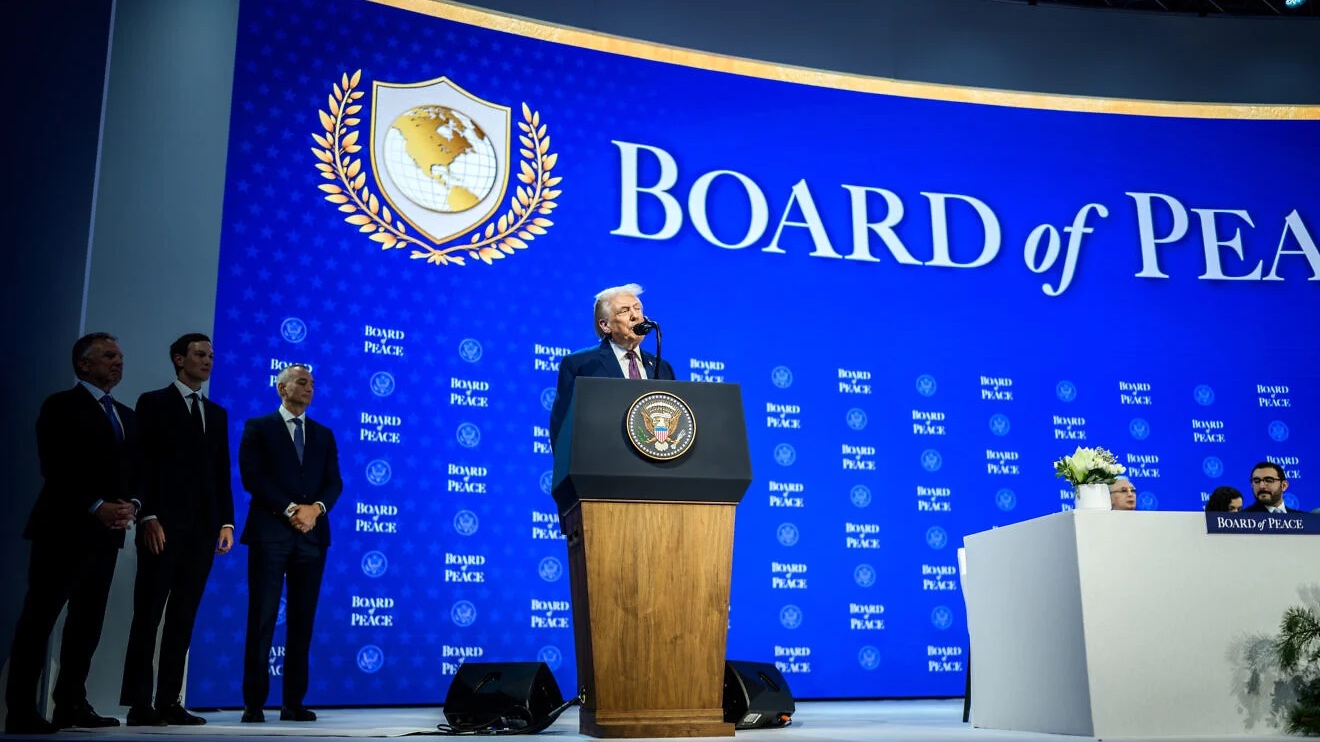The case of Elor Azaria (pictured), who shot dead a wounded terrorist in Hebron, has received its own Wikipedia entry, appearing under “Hebron shooting incident.” The trial of Sgt. Azaria is ongoing, and the Israeli public is in turmoil over it. Looking beyond the inflammatory rhetoric of irresponsible politicians and the emotional discourse on social media, it is increasingly clear that Azaria’s trial is becoming a watershed event marking the battle over conflicting norms of ethics.
As could be expected, the divide runs across political affiliations and ideological convictions. Generally speaking, the Left is presenting Azaria as no less than a murderer. Not a few on the Right sees Azaria as a hero for being the only one on the scene alert enough to kill the wounded terrorist that, at least according to Azaria and his peers, was suspected of having a suicide bomb around his waist.
It is in light of this public turmoil that Chief of Staff Lt.-Gen. Gadi Eizenkot said last week that “the greatest threat to the IDF is … public distrust [in the army].” Standing firmly behind the army’s determination to condemn Azaria, Eizenkot went on to state that “we want the IDF to operate according to orders, open fire procedures, the spirit of the IDF and the values of the IDF. If anyone wants an ethos of a mob, let him say so.”
Did Eizenkot suggest that those opposing the army’s position are a proto-fascist mob? Probably not.
The impression, however, is that Eizenkot’s choice of words exposed an inner discourse within the General Staff indicating a schism between the army’s changing perception of morality and that of the general public.
According to a survey conducted by Israel’s Ynet news portal, nearly 80 percent of Israelis believe that the army is hounding Azaria. Could this mean that the army views most Israelis as people severely lacking in sound morality?
Even if done unintentionally, this false and unfortunate perception plays right into the hands of organs like the daily Haaretz that promotes people such as Gidon Levi who wrote this week that “Israel may not be Nazi, nor even a fascist state. Yet it is a member of the same terrible family, the family of evil.”
The portrayal of Israel as evil is not factual, but rather ideological in service to the goal of forcing Israel out of the West Bank and turning it into a non-Jewish state. In this war between the “progressives” and the “fascists,” Sgt. Azaria has become a symbol of what Israel is, which is why this particular case is so important.
The army’s take on morality is reflective of the moral high-horse upon which Israel has climbed, best expressed in the repeated epithet “the IDF is the most moral army in the world,” which problematically obligates the army to prefer the safety of enemy civilians over the lives of Israeli soldiers.
Former Chief of Staff Beni Gantz openly admitted as much back in May 2015. Commenting on a particularly bloody battle that took place during the 2014 Gaza war, a battle in which six soldiers were killed and a seventh was taken hostage, Gantz said: “We took a risk in Sajaya at the expense of Golani soldiers.”
Among the many who challenge this new morality is Aaron Shahar who wrote on the News1 portal: “We have embraced the idea of becoming the most moral army in the world, great. But what price do we pay for this heap of dung? Sacrificing our children in order to protect the enemy’s civilians.”
Is Shahar part of the mob? Most Israelis think he expresses simple common sense that for one reason or another is slipping away from those who are in charge of Israel’s security.










